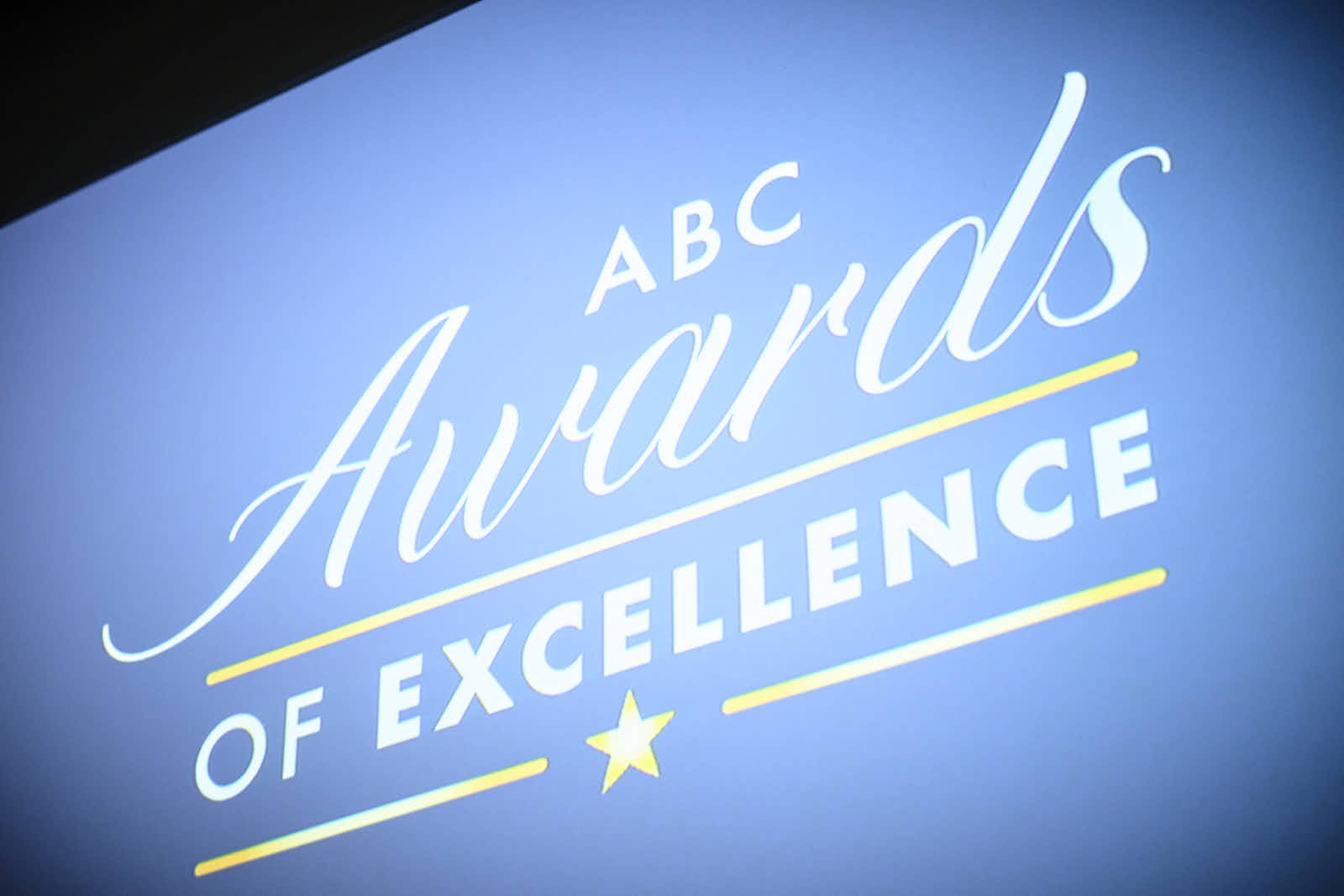Surrey – Western Community College (WCC), a key private educational institution in Surrey’s Health & Technology District, is calling on the BC Cabinet Committee to Counter Tariffs to recognize the strategic role of private education in addressing the economic impacts of international trade barriers. In a formal letter to the committee, WCC outlined key initiatives that could help drive economic resilience and innovation during the ongoing trade disruptions.
“The economic shifts we are facing require bold solutions that leverage the expertise of all sectors, including private education,” said Anita Huberman, Board Chair and Chief Public Affairs Global Officer at WCC. “We need to break down systemic barriers like labour shortages, underinvestment in technology, and rigid approval processes. Private institutions are uniquely positioned to help diversify our trade economy and strengthen local industries.”
WCC’s proposal focuses on several key areas where private education can drive economic growth and mitigate the impact of tariffs:
- Skilled Workforce Development – Training graduates in emerging fields such as digital health, renewable energy, and advanced manufacturing to support industries resilient to tariff challenges.
- Trade Diversification – Establishing international partnerships and education programs that help Canadian businesses expand into new markets beyond the United States.
- Innovation and Entrepreneurship – Creating incubators and R&D hubs to foster technological advancements, ensuring BC remains competitive in the global economy.
- Public-Private Collaboration – Aligning curriculum with industry needs to ensure students are prepared for in-demand roles, directly linking education to job creation and economic stability.
- Policy and Advocacy – Hosting economic forums, research initiatives, and industry discussions that provide data-driven insights for policymakers on trade strategies and tariff mitigation.
WCC is actively engaging with the BC government to explore ways private education can align with upcoming policies designed to counteract tariff-related economic challenges. The institution believes that through collaboration with industry leaders and policymakers, BC can create a more sustainable, diversified, and innovative economy.
“We are not just an educational institution—we are an economic driver,” added Huberman. “We urge the BC Cabinet Committee to work with us to implement policies that support businesses, workforce development, and long-term economic resilience.”







